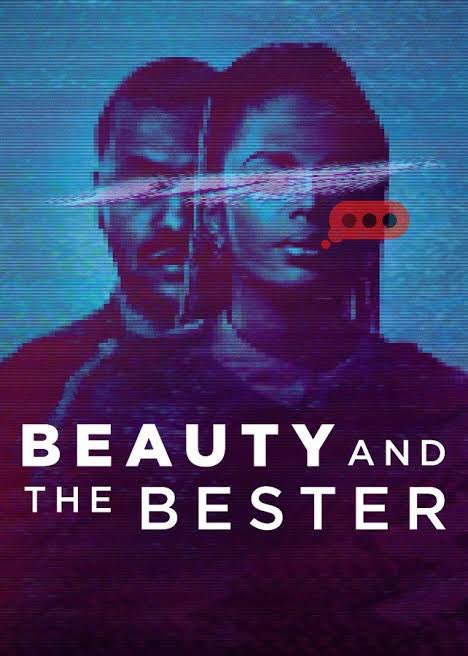
In a courtroom drama that reads like a true-crime thriller itself, Gauteng High Court in Pretoria became the stage for the ongoing saga of convicted rapist and murderer Thabo Bester and his former partner Nandipha Magudumana, as they attempt to halt Netflix from releasing the highly anticipated documentary Beauty and the Bester. The documentary is set to premiere this Friday, but the duo’s urgent application has brought the streaming giant into the crosshairs of South African justice.
Paid but Protesting: Magudumana’s Role
In an ironic twist, the court heard that Magudumana was paid for her contribution to the documentary but is now seeking to block it. Her lawyer, Advocate Lerato Moela, explained that she had a contractual agreement with the production company Storyscope, which gave her rights over her personal archives. She reportedly sent a cease-and-desist letter on 20 August, asking for the documentary to be paused so she could review it.
“Netflix’s response says that Dr Magudumana has concluded an archive licensing agreement in terms of which she agreed commercial terms for the use of her personal archives… and she waived the right to interdict the documentary,” Moela told the court. According to him, the streaming giant’s refusal to negotiate further left Magudumana with little choice but to seek legal recourse.
Bester’s Legal Angle: A Fair Trial at Stake
Advocate MoAfrika Wa Maila, representing Bester, focused on the documentary’s framing, arguing that Netflix is treating his client’s alleged escape as fact, despite no conviction. He flagged the trailer where it is suggested that Bester faked his death and fled prison.
“They are already creating an impression that he must be found guilty, eroding the right to a fair trial,” Wa Maila told the court. He also criticized the title, Beauty and the Bester, calling it a commercial exploitation of Bester’s story without his consent.
“It reduces him to an object, stripping him of dignity,” Wa Maila said.
Netflix Pushback: “Insignificant Piece of a Larger Story”
Netflix, represented by Advocate Temba Ngcukaitobi, dismissed the legal challenge, arguing that the documentary is a minor part of a story already extensively reported in the media. Ngcukaitobi emphasized that no law requires prior consent or comment before publication.
He revealed emails showing that Magudumana had initially agreed to participate in the documentary but delayed until she received her final payment.
“It is unacceptable for her at the last minute to turn around and say she didn’t know what was happening,” Ngcukaitobi told the court.
The streaming giant’s legal team also stressed that Bester’s escape was a factual event, he was serving a life sentence and evaded the system.
Public Reaction: A Story That Won’t Stay Quiet
Social media is already buzzing. Many South Africans are weighing in on whether Netflix is simply reporting facts or sensationalizing a criminal saga for entertainment. Some sympathize with Magudumana, questioning ethical considerations when a paid contributor feels misrepresented, while others argue that the story of Bester’s audacious escape belongs in the public domain.
The Bigger Picture: Crime, Media, and Consent
This case highlights the tricky intersection of true crime media, personal rights, and public interest. South Africans have followed Bester’s saga closely, particularly after he and Magudumana were arrested in Tanzania in April 2023, after fleeing the country following his May 2022 prison escape. Now, as Netflix gears up to stream the story to millions, the legal system must navigate questions of dignity, fair trial, and media responsibility.
Whatever the court decides, one thing is clear: Beauty and the Bester is no longer just a documentary, it’s a courtroom battleground, a test of media ethics, and yet another chapter in the dramatic saga of Thabo Bester.
Source: The Citizen




